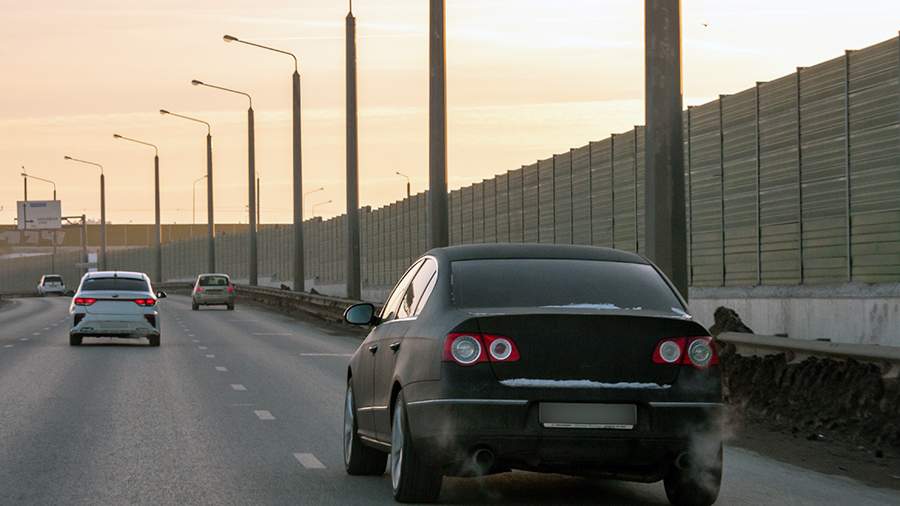On the M-11 highway, AI was used to test noise shields

Artificial intelligence (AI) has been tested on the M-11 toll highway to assess the quality of noise shields. While now specialists do it manually, driving around the roads and fixing defects, in the future AI will automate this process, eliminating the human factor. This was announced by the Russian Ministry of Transport in its Telegram channel on February 25.
According to the ministry, the system based on artificial intelligence with the help of video monitoring and neural network is able to recognize corrosion, damage and other problems. The accuracy of defect detection reaches 80-90% and will increase with AI training. Video is captured at speeds of 70-80 km/h.
The AI is integrated into a geographic information system, which allows it to visualize defects on a map. In the future, it will be able to analyze other aspects of road infrastructure, improving the quality of work and safety of highways, stressed in the Ministry of Transport.
Earlier in the day it was reported that Rosstandart published a package of changes to GOST-R 52289, which establishes mandatory rules for the use of road signs and markings. The changes will come into force on January 1, 2026, but regional authorities can apply it already now. Several new signs were added to the document, for example, "Deaf".
The day before it became known that the section of the toll road M-12 "Vostok" to Ekaterinburg is planned to be put into operation by the end of June 2025. This was announced by Deputy Prime Minister Marat Khusnullin, who flew over the highway section from Tatarstan to the Sverdlovsk Region.
Переведено сервисом «Яндекс Переводчик»

